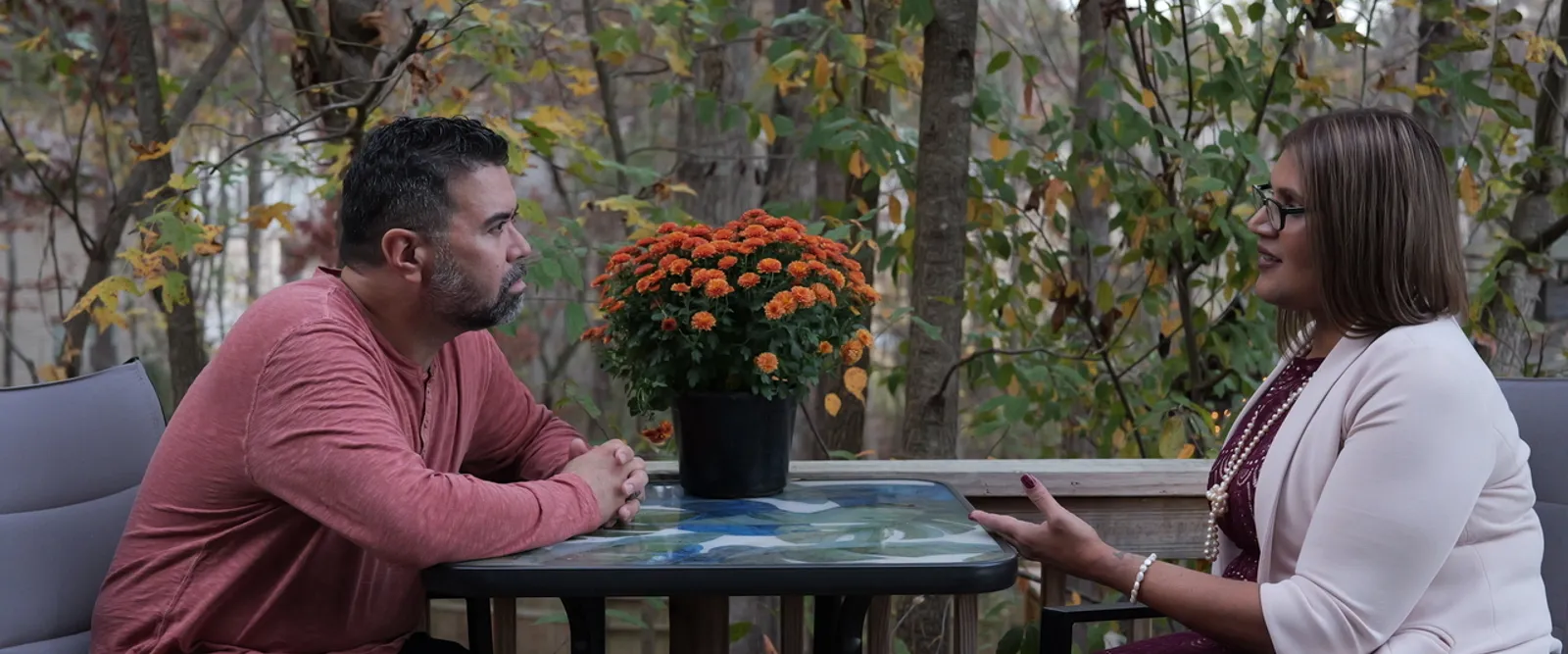Seek out things that make you happy
Look for ways to give your mind a break and find moments of happiness, including keeping up with hobbies and interests or exploring new ones. As an added bonus, participating in fun and engaging activities helps us develop resiliency and healthy coping mechanisms, and may even increase how long you live, according to The National Institute on Aging.


